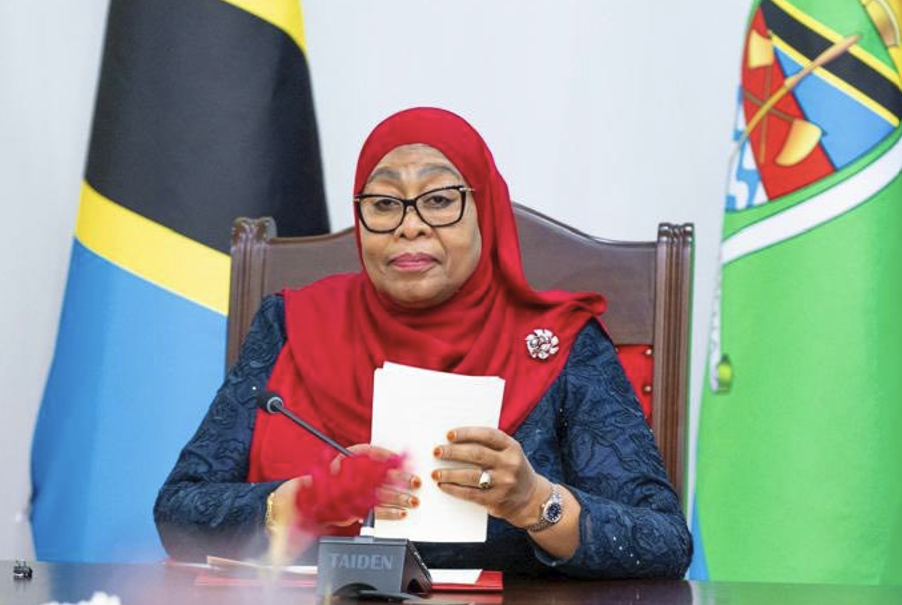
 Tanzania President Samia Suluhu Hassan /INSTAGRAM
Tanzania President Samia Suluhu Hassan /INSTAGRAMKenya has formally protested Tanzania’s decision to bar non-citizens from engaging in a range of business activities, terming the move a violation of the East African Community (EAC) Common Market Protocol.
In a letter addressed to EAC Secretary General Veronica Nduva, Kenya’s Principal Secretary for East African Community Affairs, Dr Caroline Karugu, called for immediate intervention, urging the regional bloc to notify Tanzania that its newly published directive breaches EAC law.
The protest stems from Tanzania’s Business Licensing (Prohibition of Business Activities for Non-Citizens) Order, 2025, which lists 15 categories of businesses that non-citizens—including East Africans—are prohibited from engaging in.
Among the 15 prohibited ventures are mobile money transfer services such as M‑Pesa, retail trade of goods (excluding supermarkets and specialised outlets), and services like mobile phone repair and domestic cleaning.
The order also extends to personal care businesses such as salons and barbershops—unless they operate within tourist facilities—as well as local tour guiding and small-scale mining.
The order stipulates severe penalties for violators, including fines of not less than TSh10 million, imprisonment for up to six months, and revocation of visas and resident permits.
Licensing authorities are also barred from issuing or renewing permits for these business activities when applied for by non-citizens.
“The Republic of Kenya observes that the above Order contravenes the Protocol on the establishment of the East African Community Common Market, specifically Article 13(1), 13(3)(a), 13(5), 13(8), and 13(9),” Dr Karugu said.
“These violations undermine the core objective of regional economic integration under the Common Market Protocol,” she added.
The Common Market Protocol guarantees the free movement of goods, labour, services, and capital across EAC partner states—a key pillar of regional cooperation.
Kenya’s move is the latest sign of simmering trade tensions within the region, as member states continue to clash over non-tariff barriers and restrictive policies.
Nairobi’s formal complaint now puts the ball squarely in the EAC Secretariat’s court, with expectations that the matter will be escalated to the Council of Ministers for deliberation and resolution.
The development comes at a time when the EAC is pushing for deeper integration and harmonisation of trade and investment regulations.
Speaking outside his office on Wednesday, Cabinet Secretary and Foreign and Diaspora CS Musalia Mudavadi said Kenya was pursuing diplomatic channels to resolve the issue.
"We are all member countries of the EAC, and we consult regularly on business and other issues that concern our countries. I have already spoken to Tanzania's Foreign Affairs CS on the phone, and the President has in his capacity as chair of the EAC Summit, is in contact with President Samia Hassan and the Trade Minister," he said when he formely welcome home Stephen Munyakho, the Kenyan who had been on death row in Saudi Arabia for over a decade.
"His return marks the end of a long, difficult journey and the triumph of relentless diplomacy and faith in justice."


















